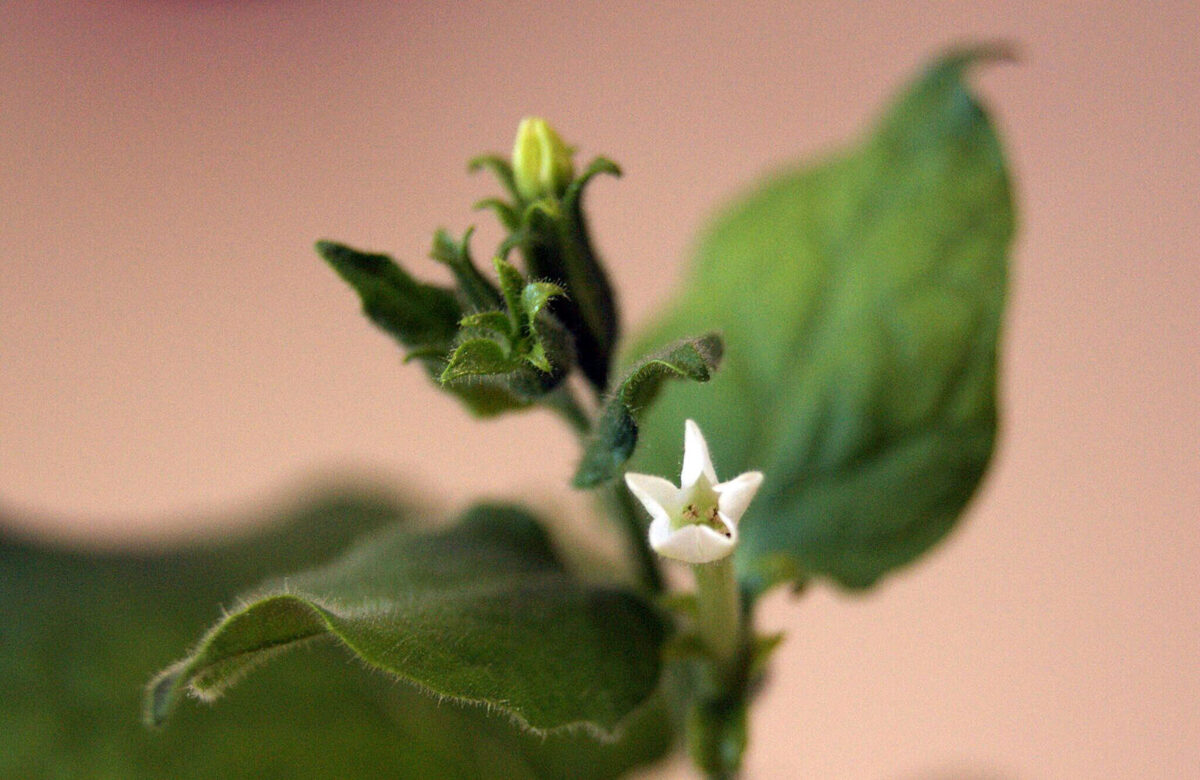
Scientists Genetically Engineer Plants to Produce Healthier Milk for Babies
June 20, 2024| |
A study led by scientists from the University of California Berkeley, and the University of California, Davis demonstrated the potential of genetically engineered plants to produce prebiotic sugars found in human breast milk. The findings of the study, published in Nature Food, could provide significant insights into producing a healthier, non-dairy plant milk alternative for babies.
Around 75% of newborn children around the world drink infant formula during the first six months of their lives. However, formula milk does not replicate the nutritional value of human breast milk due to the prebiotic sugar molecules that are difficult to manufacture. With this, the study team genetically engineered genes responsible for creating human milk oligosaccharides. These genetically engineered genes were introduced to Nicotiana benthamiana plant to produce 11 known human milk oligosaccharides, along with a variety of other complex sugars with similar linkage patterns.
“We made all three major groups of human milk oligosaccharides,” said study senior author Patrick Shih, an Assistant Professor of Plant and Microbial Biology and an Investigator at UC Berkeley's Innovative Genomics Institute. “To my knowledge, no one has ever demonstrated that you could make all three of these groups simultaneously in a single organism.” The study also found that the cost of producing human milk oligosaccharides from plants at an industrial scale would likely be cheaper than using microbial platforms.
For more information, read the press release from the University of California, Berkeley.
| |
You might also like:
- What is the Difference Between Genetic Engineering and Gene Editing?
- Genetic Engineering and Genome Editing Bringing Innovative Products into Our Homes
- ISAAA Video Shows How to Genetically Engineer a Plant
Biotech Updates is a weekly newsletter of ISAAA, a not-for-profit organization. It is distributed for free to over 22,000 subscribers worldwide to inform them about the key developments in biosciences, especially in biotechnology. Your support will help us in our mission to feed the world with knowledge. You can help by donating as little as $10.
-
See more articles:
-
Plant
- Paper Highlights Evolution of Ghana’s Media Reportage on GMOs
- International Study Uncovers Untapped Diversity in Historic Wheat Collection
- Pakistan Grants Approval for Cultivation of GM Sugarcane
- Italy Launches First Field Trial of Gene-Edited Risotto Rice
-
Health
- Novel Method Detects Early Signs of Genetic Mutations
- Scientists Genetically Engineer Plants to Produce Healthier Milk for Babies
-
Environment
- MIT Researchers Develop Amber-Like Polymer for DNA Storage
-
Read the latest: - Biotech Updates (February 18, 2026)
- Gene Editing Supplement (January 28, 2026)
- Gene Drive Supplement (February 22, 2023)
-
Subscribe to BU: - Share
- Tweet

